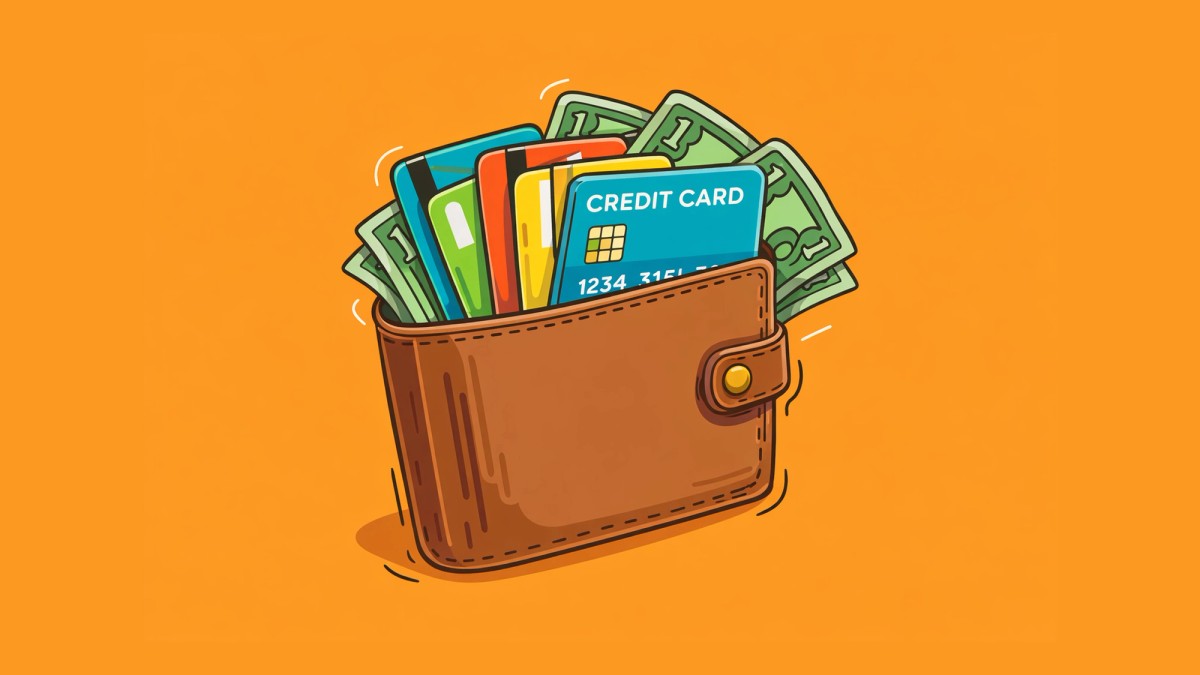It’s widely accepted that talking openly about money is key to financial freedom. Yet 62% of Americans don’t. To help couples feel less awkward and more aligned, we’re sharing low-pressure ways to talk about essential money topics—including real-life ice breakers from our Monarch Team.
–
Your partner’s shoe budget drives you crazy. You don’t get why they roll their eyes every time you buy the $8 cottage cheese. More importantly, do you know why you buy the $8 cottage cheese?
It becomes instantly clear when you know your values.
If this sounds a little conceptual, it is. Values are the ideals that make up your top priorities in life. At the same time, they’re one of the most efficient yet underused financial tools around, especially for couples. Knowing them—yours and your partner’s—can help you feel more confident that you’re managing money to achieve the life you want together.
“Core values are the foundation of how you live your life—they’re the "why" behind everything you do, even if you're not consciously aware of them. When you're in a relationship of any kind, having compatible core values can give you both the foundation you need to navigate difficult decisions or situations, and to lean into what makes each of you happy or fulfilled.”
—Rachel Lawrence, CFP®, MSFP
Head of Advice and Planning at Monarch
Why are values important to talk about with your partner?
Imagine having a money talk with your partner that didn’t dive straight into dollars and cents. That’s part of what makes your values such a strong financial tool: They’re a low-stakes way to start talking about money without actually talking about money.
Whether you realize it or not, your values influence every choice you make with money—as well as everything else in life. When you’re clear on your values and share them with your partner, they become an easy way to gut check if you’re making meaningful financial decisions.
Couples can benefit from talking about values because:
- They can help you feel confident that you’re spending and saving on the right things: the things that matter most to you and in your relationship. When your money choices align with your values, it gets easier to make decisions that support your goals, even when you have to make a tough call.
- On the flip side, they can get you to notice that you’re using money without really thinking about it. When you know you’re not aligned with your values, it can feel empowering—not painful—to cut back.
- They can give you instant clarity on why your partner’s money choices are important to them, even if you wouldn’t make the same ones. You may feel tensions ease up with this insider point of view.
What if my partner has different values from me?
It’s OK—that’s likely to be the case. Each of us had different influences that shaped our current values, from the lessons you learned growing up to how money has impacted your life, your career, and your relationships.
There are no right or wrong values, and your values aren’t better or worse than your partner’s.
What’s more, having different values doesn’t mean you’re incompatible. They’re simply insights on what makes you tick. When you acknowledge each others’ values, you can get more strategic than ever with managing your money the ways that are best for you—individually and as a couple.
Besides, money values tend to shift as time goes on. It’s a good idea to revisit your values every year to see if your priorities stayed the same or changed—then to adjust your money choices to reflect them.
How can you start talking about values with your partner?
Try these if you never-ever brought it up:
- If I could spend freely in one area of my life, it would be …
- Something I am and will always be willing to spend money on is …
- If I could hire someone to do _____ for us tomorrow, I would in a heartbeat.
- The most “me” purchase I ever made was …
Try these if you want to get a little deeper:
- If I had to pick one money value for us as a couple, it would be …
- A big purchase I really regret making was …
- One thing that’s important to me to always carve out budget (and time) for is …
- I will never be surprised when I see ____ show up on your bank statement.
Top ways to use your values with Monarch
- Create a unique tag for each of your top values so you can look at your spending through that lens anytime.
- Review your last couple months of spending by category and merchant and see if it feels in line with your values. Whenever it doesn’t, consider reevaluating your spending for the months to come.
- Make a monthly or annual budget just for your top 3-5 values and use that money in whatever ways it feels most meaningful to you.
FAQ
What are values?
Values the set of ideals that are most important to you. Everyone’s values are different, so you don’t have to worry if they don’t match with your partner’s. Values simply help explain the reasons why each of us are more or less inclined to make certain choices. Some examples include:
Authenticity, Achievement, Adventure, Aesthetics, Autonomy, Balance, Compassion, Community, Connection, Contribution, Creativity, Curiosity, Faith & Spirituality, Family, Fairness, Generosity, Growth, Happiness, Health & Wellbeing, Impact, Innovation, Integrity, Loyalty, Open Mindedness, Passion, Recognition, Security, Service to Others, Simplicity, Wisdom
How can I find my values?
Try this simple exercise.
- Take a moment and think of a time when you felt satisfied, happy, aligned with who you are, or were living your best life. What values were present? Write down 3-5 using the list above.
- Now, take a moment and think of another time when you felt the same. What values were present then? Write down 3-5 for each using the list above.
- One last time: Think of a third time you felt like that. What values were present? Write down 3-5 for each using the list above.
- Compare all of the values you listed. Are they similar? Different?
- Narrow down the list of values to the three concepts that mean the most to you.
What do values have to do with your finances?
Your values subconsciously influence every choice you make, including your choices with money. For this reason, they can be one of the most effective financial tools for managing money more easily and confidently.
Money choices that support your values tend to feel reasonable, worthwhile—even good. You might not notice when your money choices don’t line up with your values. When you’re clear on your values, they can help you feel better about making tough money decisions or tradeoffs.
Once you talk about values with your partner, you can help each other gut check that you’re using them to guide your daily spending and your long-term goals toward the future you want together.





